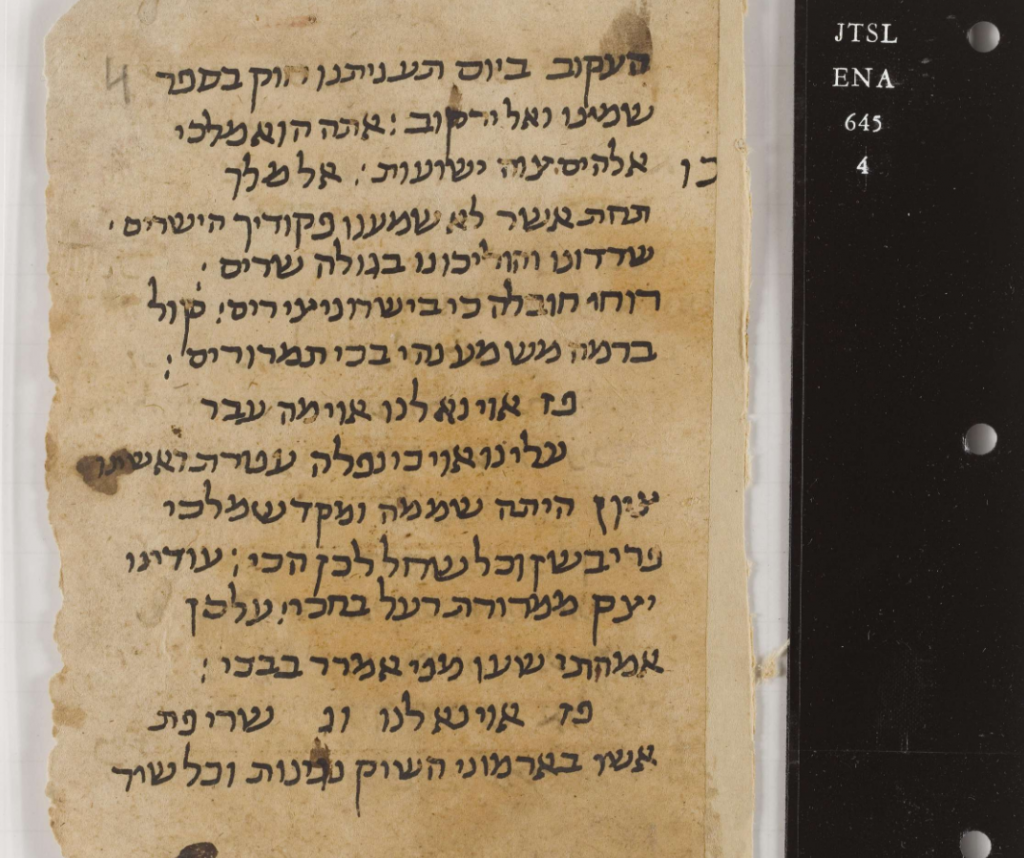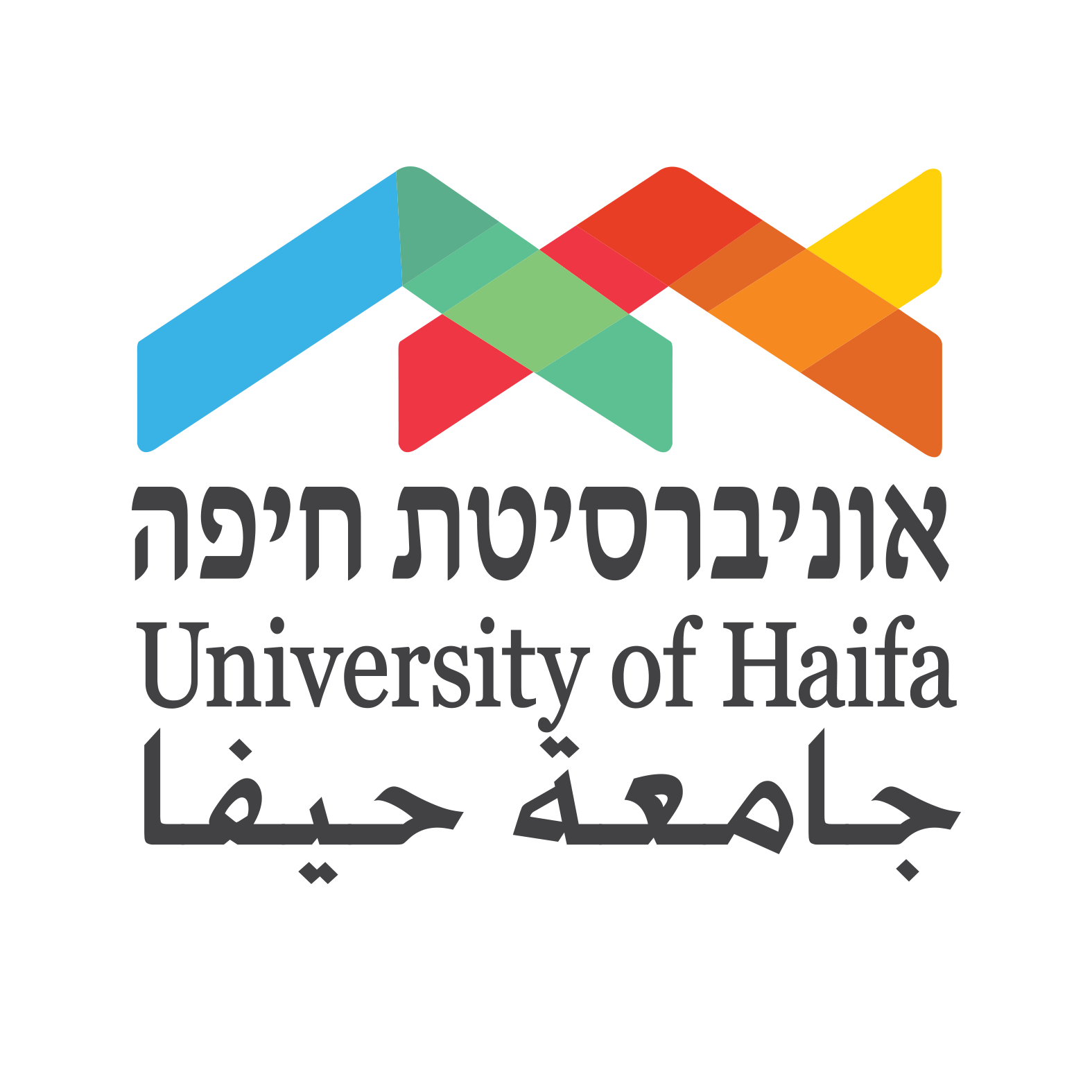Cairo Genizah Authors
The discarded fragments of pre-modern manuscripts from the Cairo Geniza constitute a rich, still relatively untapped source for the history of the Mediterranean and Islamic world and its Jewish diaspora. This corpus of sacred and everyday texts, including documents such as personal letters and legal contracts, were preserved in an attic chamber of the Ben Ezra synagogue in Fustat, the medieval residential core of which later became part of the the city of Cairo.
Virtually all scholars who have studied these texts have come away with a transformed sense of the history of the region and the intimate ties that bound together its people. The Geniza corpus, which dates mostly from the 10th-13th centuries CE, is now widely recognized as the most important documentary source for reconstructing the lives of Jews and other inhabitants of the premodern Mediterranean. The Geniza corpus includes both traditional religious, philosophical, and scientific texts (often termed the “literary” Geniza), and a wide range of everyday documents, such as letters, legal testimonies, receipts, accounts and lists, known collectively as the “documentary” geniza. Thanks to the work of scholars and librarians over the last 120 years, almost one-quarter of the 350,000 items from the cache have been cataloged and nearly all have been digitized.

Scribes of the Cairo Genizah is a project with the ultimate goal of transcribing Cairo Geniza fragments. It was developed by the Zooniverse, the largest crowdsourcing platform in the world, along with institutional partners from The University of Pennsylvania Libraries, The Princeton Geniza Lab, and the e-Lijah lab at the University of Haifa. The project combines technology and citizen scientists in order to create full accessibility of one of the most fascinating and challenging manuscripts collection.

Publications
Our Team




